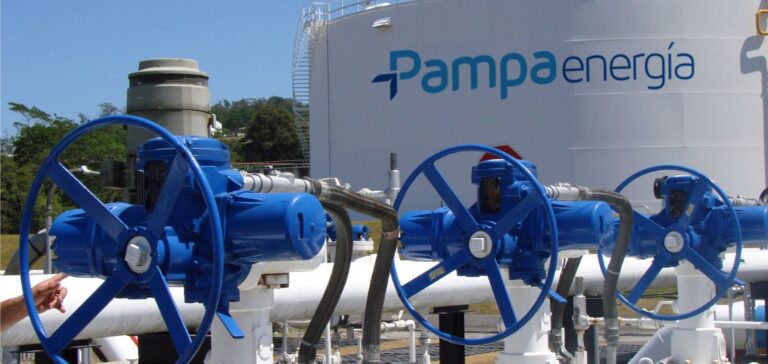Pampa Energía, Argentina’s fifth-largest natural gas producer, plans to invest $200 million in a pilot oil project in the Vaca Muerta shale basin, with the aim of reaching 200,000 b/d of production over the next few years, thus helping to diversify its upstream gas-intensive activities, company executives said Aug. 10.
Ambitious Projects: Drilling and Infrastructure Planned on the Rincón de Aranda Block
The company plans to drill two four-well platforms and build related facilities and infrastructure for the pilot on its Rincón de Aranda block, starting in the first quarter of 2024, said Executive Director of Exploration and Production Horacio Turri on a conference call with investors.
The aim is to complete the pilot project by the end of 2025, when the company plans to move into the full-scale development phase, Turri added. If the development phase continues, production at Rincón de Aranda could reach 200,000 b/d by around 2027, he said.
“We will need additional transport capacity to evacuate all the production from the block,” said Turri.
New Path for Pampa: Strategic acquisition of Rincón de Aranda
Pampa took control of Rincón de Aranda in June by swapping a 100% stake in a wind farm with TotalEnergies in exchange for the latter’s 45% interest in the block, a move aimed at diversifying its upstream gas-focused activities. The upstream portfolio now stands at around 90% gas and 10% oil, according to company data.
On the conference call, Pampa CEO Gustavo Mariani said the goal was “to become a player in oil production.” The company has already drilled and tested a well on the Rincón de Aranda.
“We expect oil production to expand, which is why we made this deal to acquire Rincón de Aranda,” said Mariani.
“If the wells deliver what we expect them to deliver, the acquisition would be an exceptional transaction in terms of cost per acreage.”
Turri said the company might consider expanding its oil acreage in Vaca Muerta, one of the world’s largest shale plays.
“We’re always looking for new opportunities,” he said. If the price is right, we might be willing to consider them.”






















